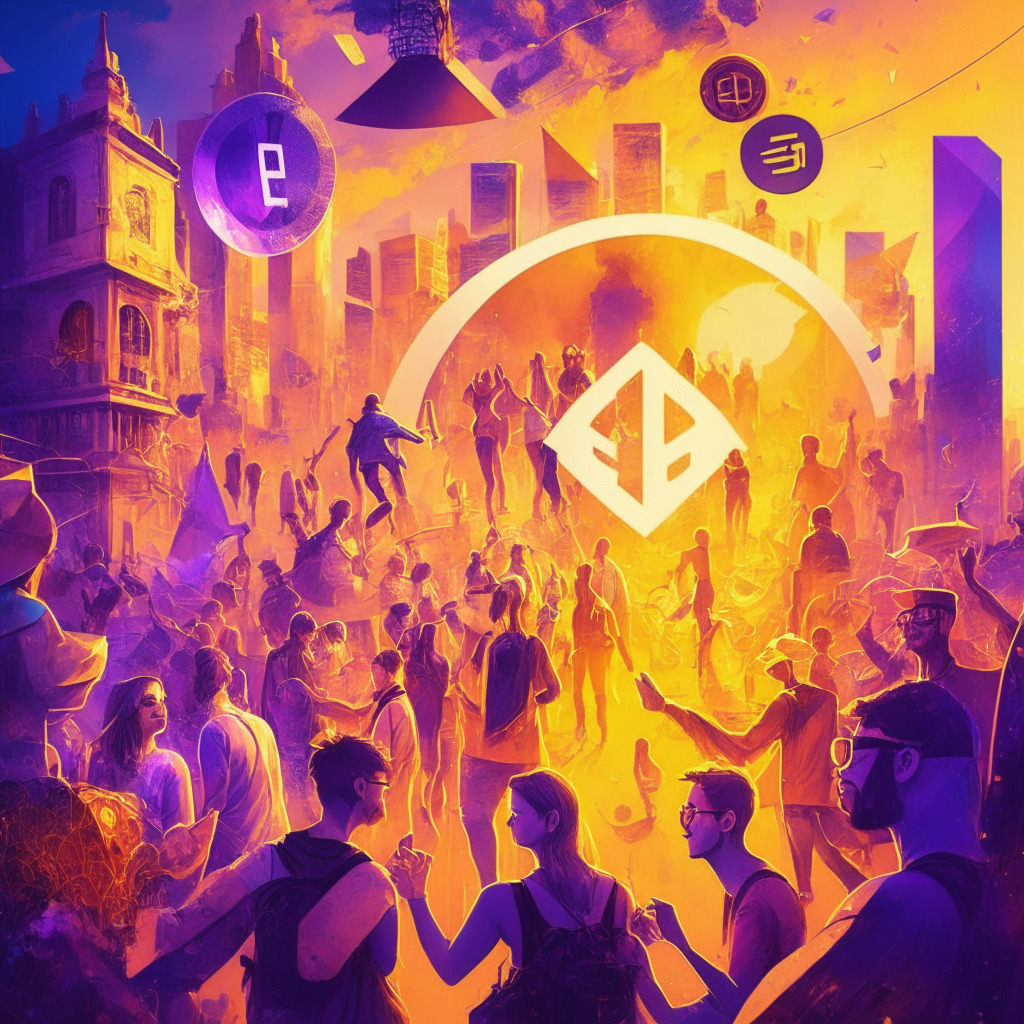The rapid rise of digital assets, such as cryptocurrencies and non-fungible tokens (NFTs), coupled with the growing number of digital natives, has led to an interesting proposition: should these assets be recognized as legitimate property? Sebastien Borget, co-founder of The Sandbox, has argued that it is time for governments to treat the digital economy as a “real economy” and recognize the value digital natives attribute to these assets.
According to the United Nations, almost two-thirds of the world’s population, or nearly 5 billion people, is online. Of these, more than half are digital natives, individuals who have grown up with digital devices and have a high level of confidence in using them. As the number of digital natives continues to grow, it seems inevitable that they will invest more time and money in digital assets, and these assets should have value and be regarded as proper property.
One area where digital assets are gaining significant traction is in the metaverse, an interconnected virtual world where digital natives can connect, work, and create. Borget believes that governments should not only recognize the value of digital assets but also see the potential of the metaverse as a new employment field. In doing so, they should “value the work [and] recognize the jobs” within the metaverse and start treating the digital economy as a tangible economy.
While acknowledging the challenges that the current geopolitical landscape poses, such as the Russo-Ukrainian war and increased inflation, Borget is optimistic about the role the metaverse can play as “a driving force for positive impact, social impact, more awareness, and inclusivity.” In fact, some virtual spaces within the metaverse, like The Sandbox’s Arena One, are already being used as platforms for free speech and to promote global unity on important issues.
However, the growing legitimacy of digital assets does not come without concerns. Critics often highlight the volatility of cryptocurrencies, for example, and the lack of regulation that can leave investors vulnerable to scams and fraud. Additionally, there is the environmental impact of digital assets, particularly the energy-intensive process of mining various cryptocurrencies, which raises further questions about the long-term sustainability of these investments.
Despite the concerns, it is undeniable that digital assets are gaining prominence and that digital natives are increasingly incorporating them into their lives. Recognizing their status as legitimate property could be a crucial step for governments to acknowledge the evolving digital landscape and to prepare for the economic shifts that such recognition will entail. While striking a balance between embracing this new world and addressing the associated issues may be challenging, it is crucial to responsibly harness the potential of digital assets and the metaverse in the years to come.
Source: Cointelegraph




